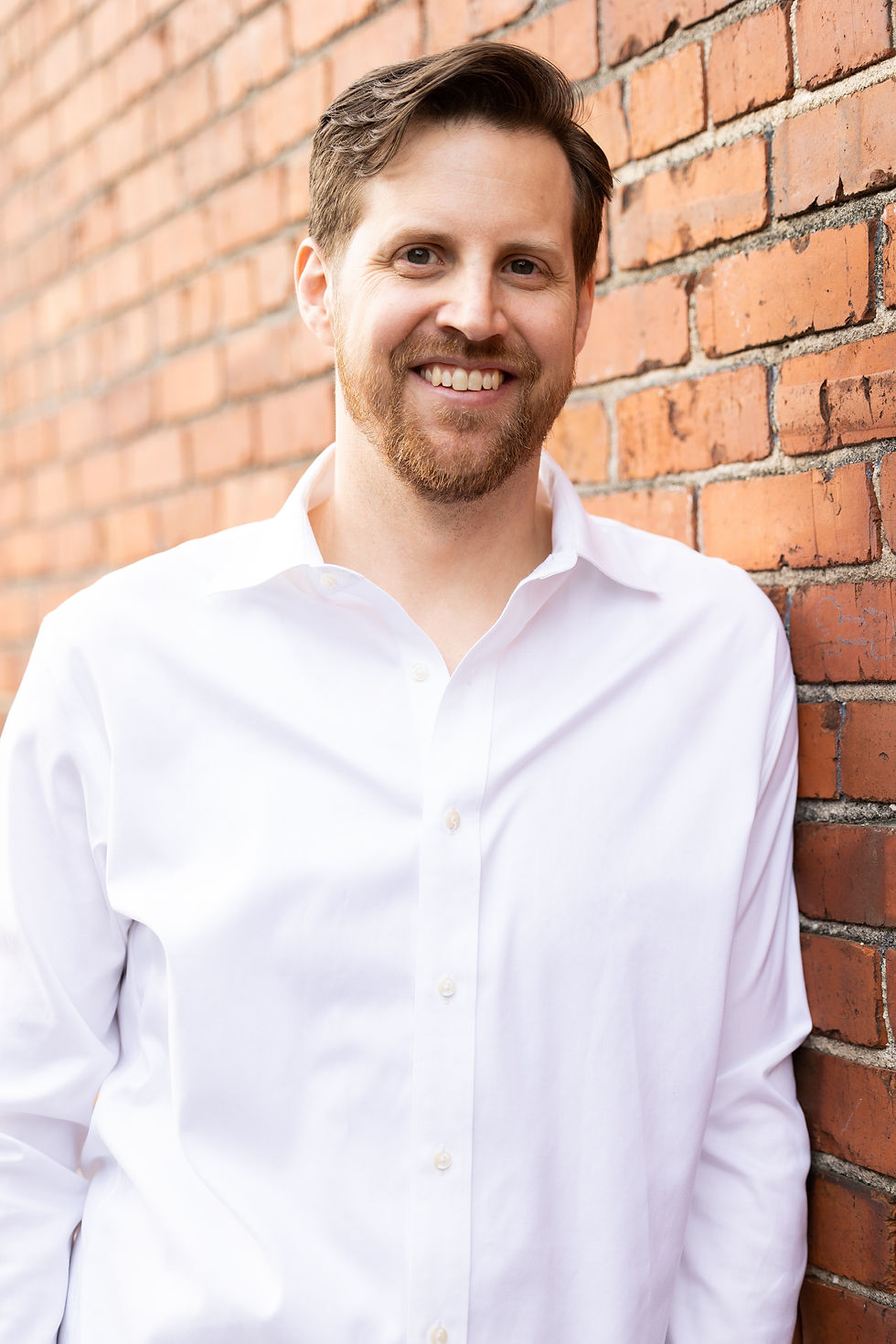BHC VISION
Our vision is a world in which the wellbeing of populations is prioritized alongside their economic productivity.
We recognize the importance of economic stability and growth and believe collective wellbeing can enhance these things. And, in a world where knowledge economies are necessary for economic competitiveness, we believe collective brain health — resulting in strong brain capital [1] — is the primary driver for both economic growth and societal wellbeing. [2]
We curate global-level brain health, mental health, and wellbeing programs to this end. We do this through two unique areas of expertise: global mental health consulting and lived experience engagement. We frequently work with partners across sectors. We are based in Europe with a network that reaches all six continents.

WHAT WE BELIEVE
Societal wellbeing is the issue of our time.
Coordination is the process by which it must be addressed.

Individuals deserve to thrive.
Individually, healthy individuals lead more fulfilling lives. According to the World Health Organization, “Brain health is the state of brain functioning across cognitive, sensory, social-emotional, behavioural and motor domains, allowing a person to realize their full potential over the life course, irrespective of the presence or absence of disorders.” [2]
Brain health encompasses brain functioning, neurological development, neuroplasticity, mental health, and wellbeing.

Wellbeing of a population must be central to determining whether it is “thriving.”
Wellbeing is “a positive state experience by individuals and societies … [encompassing] quality of life and the ability of people and societies to contribute to the world with a sense of meaning and purpose.”
A wellbeing economy – designed to serve people and planet – has been adopted by Canada, Finland, Iceland, New Zealand, Scotland, and Wales. [3]
Collectively, healthy individuals contribute to a healthy society. Today’s societies are driven by brain economies – the cumulative social, emotional, and cognitive skill set (“brain capital”) of a population that enables a society to thrive socially and economically. [4]


Those affected by mental ill-health or neurological disorders – experts by experience – bring critical expertise to discussions on policy and program planning.
If brain health is the issue of our time, collaboration is the process by which it must be addressed. We view collaborators as partners in our shared pursuits.
Output is best when diverse minds work together. We work with people with different backgrounds and perspectives.
Openness in what we do, why we do it, and how we do it drives our work. We value open communication with our partners.
It costs nothing and means everything. We are kind and act with kindness.
We hold ourselves to the highest standard in both what we deliver and how we deliver it.
We examine ourselves honestly and consider how we can improve, acting out these values.
BHC VALUES

BHC FOUNDER
Peter Varnum
Brain Health Collective was founded by Peter Varnum, who brings nearly two decades of professional experience spanning strategy, policy, and program leadership. For over a decade, he has worked in global mental health — including at the World Economic Forum, Orygen, and WHO — and he combines this with more than 25 years of experience of his own lived experience journey.
This unique perspective enables a rare bridge: connecting the voices of People with Lived Experience to global health and policy spaces.
